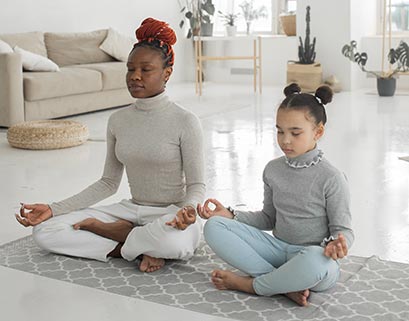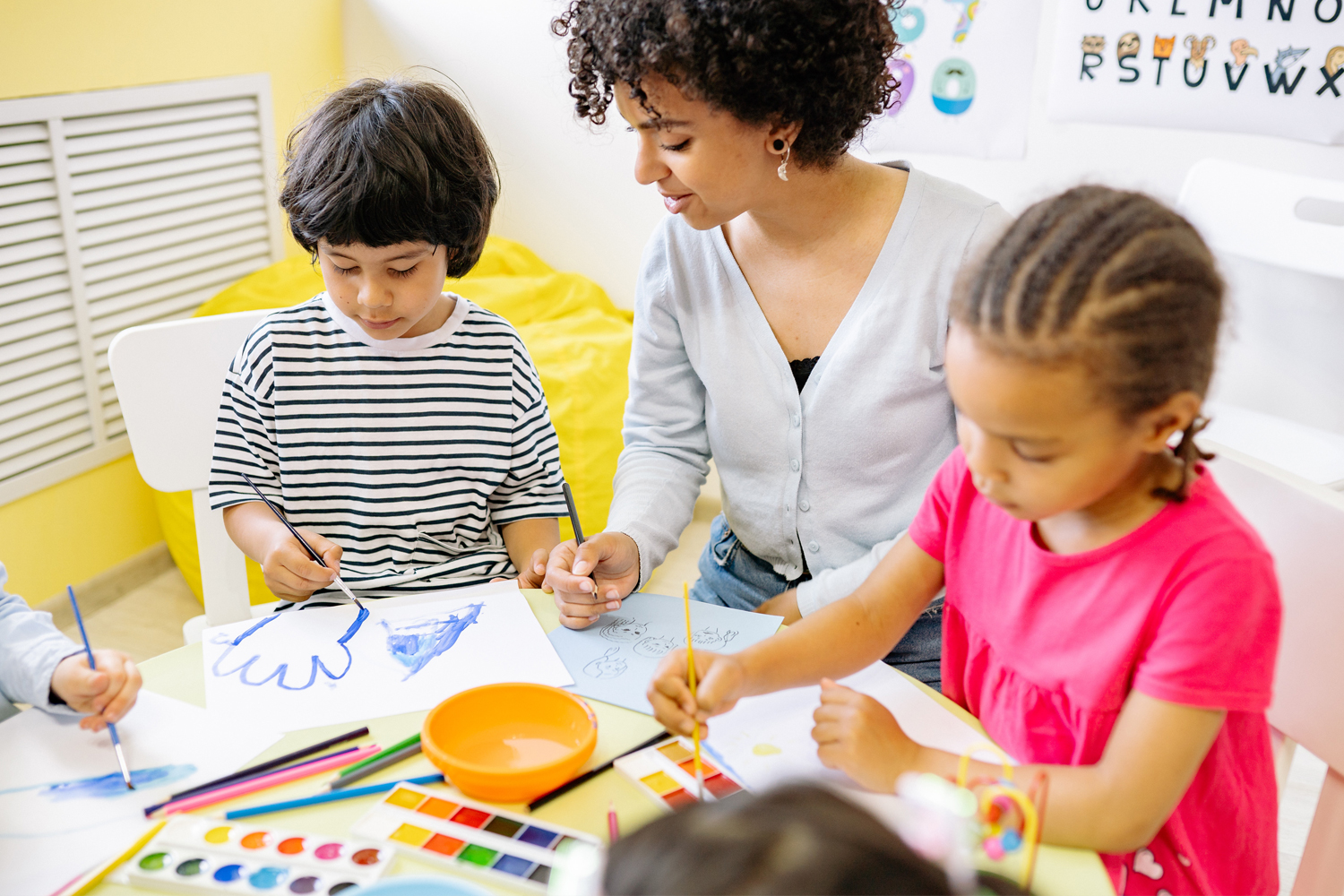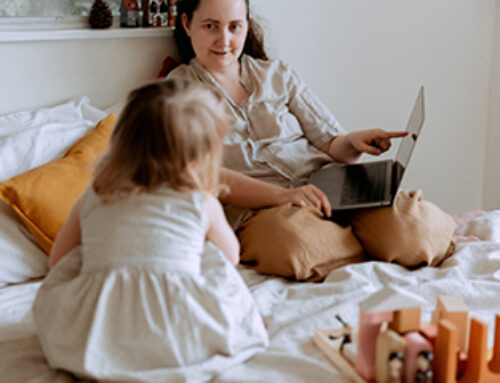We want to ensure you and your child are able to maintain a sense of normalcy due to the unpredictability of COVID-19. Chances are children may be asked to stay safe and at home due to being exposed. Changes in routine can be especially challenging for children with developmental conditions such as autism, ADHD, down syndrome, and sensory processing disorders. Here are some strategies for what you can do for your child during times of quarantine.
Provide your child with a consistent schedule
- Stick to the same wake up time and bedtime routine
- Stay as close as possible to their daily schedule
- Have visual or written schedules of your child’s daily routine to refer to so they know what to expect throughout their day
Provide them a dedicated time for play and movement breaks
- Opportunities to engage in a fun hobby or relax
- Having breaks from the structured daily routine can be helpful to reset your child’s mind and increase their attention.
Check in with them and talk about the conversation
- Parents/caregivers can have a conversation with their child to validate and empathize with them on how they are feeling
Reach out to your therapists for support and ideas
- Creating an obstacle course with household items
- Fun sensory activities such as messy play
Don’t forget to take care of yourself!
- Find ways to take your own break throughout the day to reset
- It is completely okay if there are days where only 1 structured activity was completed or none at all. Especially during times when someone is sick, it is important to rest and recover first and foremost!
Don’t forget to reach out to your BBD therapists who are available for virtual sessions to brainstorm ideas during times of quarantine!

A sample of a day of quarantine:
8:00 AM: Morning routine (Wake up, breakfast, get ready for the day)
9:00 AM: “The Floor is Lava” mini obstacle course
9:30 AM: Table top activity
10:00 AM: Quiet play with preferred toys
11:00 AM: Snack time
11:30 AM: Sensory messy play activity with paint
12:00 PM: Lunch
1:00 PM: Rest and Relaxation
2:00 PM: Movement Break
3:00 PM: Table top activity
4:00 PM: Free time
5:00 PM: Family time
6:00 PM: Movement break
7:00 PM: Bedtime routine
Citation
Parenting In a Pandemic. (2020, October 23). Retrieved from https://www.healthychildren.org/English/health-issues/conditions/COVID-19/Pages/Parenting-in-a-Pandemic.aspx

Blue Bird Day fosters socialization, sensory regulation, and pre-academic learning in children ages 2-7 years in therapeutic rotations that simulate preschool and kindergarten settings. Our compassionate therapists practice a relationship-based and family-centered approach, provide parent training, and collaborate on goals and individualized intensive treatment plans for your child.
We believe in a collaborative and multi-disciplinary team approach to therapy. A team of occupational therapists, speech-language pathologists, dietitians, developmental therapists, behavioral therapists, physical therapists, and therapeutic assistants are created for each child to ensure child and family are fully supported and the best possible results are achieved.
Options for individualized, group and virtual therapy sessions are available as well.
Want to learn more or you have a specific question? Feel free to connect with us here!



